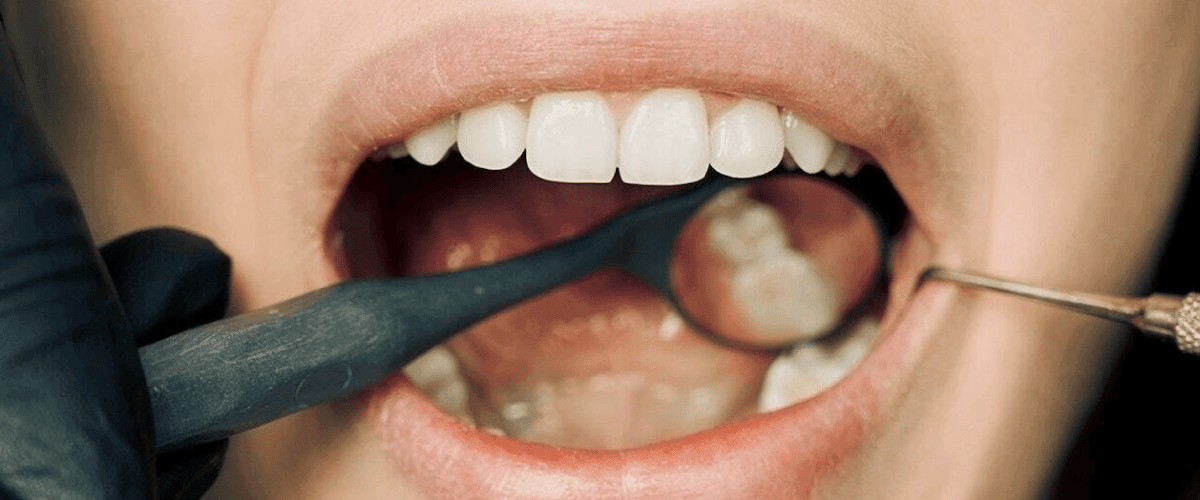
The Warning Signs of Oral Cancer
The warning signs of oral cancer:
Oral cancer is a serious condition that affects millions of people worldwide. Unfortunately, many people are not aware of the early warning signs of this disease. In this blog post, we will discuss the top warning signs of oral cancer and what you can do to protect yourself.
Alarming Statistics
In India, oral cancer is one of the most common cancers, accounting for nearly 30% of all cancers. South India has been identified as a high-risk region for oral cancer, with a higher incidence of the disease compared to other regions in the country. Tobacco use, including smoking and chewing tobacco, is the main cause of oral cancer in India.
According to the World Health Organization, oral cancer is the 11th most common cancer worldwide, with over 300,000 new cases diagnosed each year. The incidence of oral cancer is higher in men than in women, and the majority of cases are diagnosed in individuals over the age of 50.
Warning Signs
The symptoms of oral cancer can easily be mistaken for other less serious conditions such as canker sores or cold sores. Therefore, it is important to pay close attention to your body and visit your doctor or dentist if you experience any of the following warning signs for more than two weeks:


- Red or white patches in the mouth: Any unusual colour change in the mouth can be a sign of oral cancer. It may appear as white or red patches or even as speckled patches in the mouth.

- Sore throat or hoarseness: If you experience persistent sore throat or hoarseness, it may be a sign of oral cancer. This can be accompanied by difficulty swallowing or a feeling that something is caught in your throat.

- Persistent mouth ulcers: Most mouth ulcers heal on their own within a week or two. If you have an ulcer that has not healed for more than two weeks, it could be a warning sign of oral cancer.

- Swelling or lumps in the mouth: Any swelling, lumps or bumps in the mouth that last for more than two weeks should be evaluated by a medical professional. This may include swelling in the cheeks, lips or gums.

- Unexplained bleeding: Any unexplained bleeding in the mouth, such as bleeding from the gums, tongue or cheek, could be a sign of oral cancer.

- Pain or discomfort in the mouth: Persistent pain or discomfort in the mouth, such as in the tongue, lips or gums, should be evaluated by a medical professional.

- Numbness in the mouth or face: Numbness or loss of feeling in the mouth or face could be a sign of oral cancer.

- Loose teeth: Teeth that become loose without any apparent cause should be evaluated by a dentist. This could be a sign of oral cancer or other dental problems.

- Difficulty wearing dentures: If wearing dentures becomes uncomfortable or difficult, it could be a sign of oral cancer or other dental issues.

- Change in speech: If you notice a change in your speech, such as slurring or difficulty speaking clearly, it could be a sign of oral cancer.
It is important to note that having one or more of these symptoms does not necessarily mean that you have oral cancer. However, if you experience any of these symptoms for more than two weeks, it is important to seek medical attention as soon as possible.
Written by,
Dr M A Raja
Senior Consultant Medical Oncology
Director of Oncology Services
Chairman, Medical Advisory Board
Contact Us
Visiting Hours
OPEN 24 hours 7 days a week.
OPD Timings : Monday to Saturday
( 9:00 AM to 5:30 PM )
Appointments
Emergency
Visit the hospital
MGM Cancer Institute
No 119 & 121, Nelson Manickam Road, Raajeswari Street, Rajaram Mehta Nagar,
Aminjikarai, Chennai – 600029
At MGM Cancer Institute, we believe in curing the fear of cancer first. We understand that battling cancer is not just a physical fight, but a mental and emotional one as well. Our dedicated team is committed to providing exceptional healthcare that improves your overall well-being and eases the anxiety that comes with cancer. With a 150-bed facility in the heart of your city, we are here to support you every step of the way.
© MGM Cancer Institute. All Rights Reserved. Last updated on 20-01-2025.
















